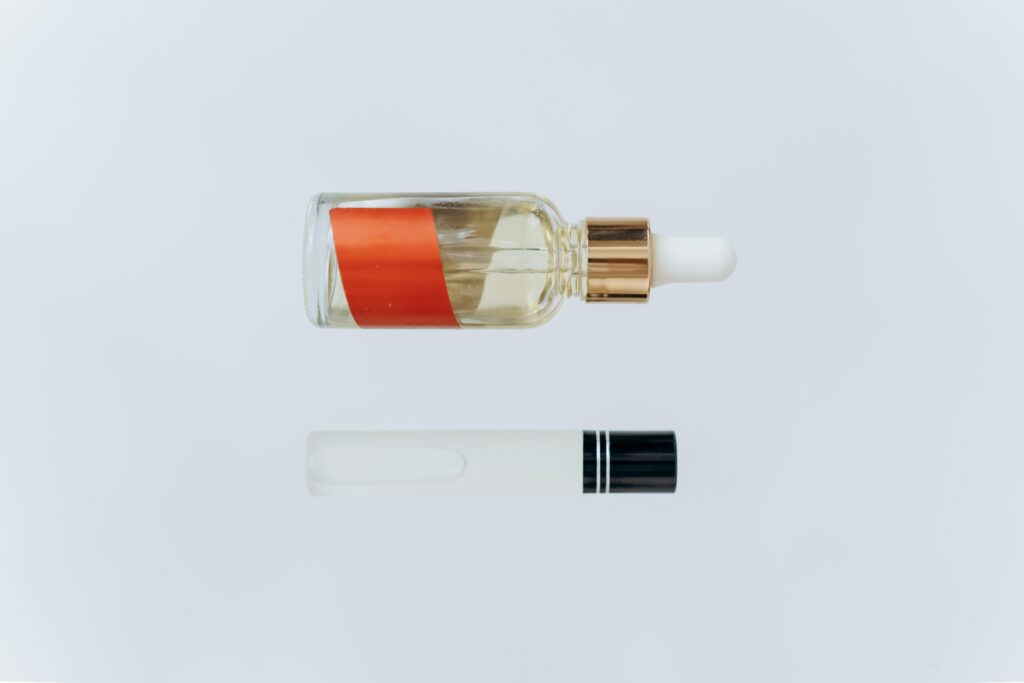Livagen peptide is a research compound that has been studied extensively in the past years for its potential in the research world. Still, the subject we will mostly approach in this article is Livagen peptide and chromatin investigations.
Lysine, alanine, aspartic acid, and glutamic acid are the four amino acids in the little peptide that makes up Livagen. This peptide, speculated to be a bioregulator, may have the potential to influence the functioning of DNA by acting on its structure, research suggests. Scientists hypothesize the impact that Livagen might have on chromatin, DNA, and genes; it’s where its major promise may be realized.
Scientists formally recognize DNA as having the shape of a double helix encircled by proteins called “histones.” These histones combine to create chromatin, followed by several chromatins forming chromosomes. It would seem that these chromosomes play a significant role in forming the genetic material unique to each individual. [i]
Researchers have considered the possibility that Livagen may “de-condense” these chromatin components due to its properties. Consequently, genes inactive in elderly test participants might become functional again, increasing cell activity and production. [ii] Based on their findings, the researchers hypothesize that Livagen may, via this mechanism, boost energy levels, enhance the flexibility of the skin, and maybe produce changes in the functioning of the immune system.
Livagen Overview
Researchers have hypothesized that the Livagen peptide, once it is presented, may operate on lymphocytes, perhaps reactivating the ribosomes by ‘unpacking’ the chromatin and changing the gene expression. These lymphocytes are white blood cells considered crucial in strengthening immunity and combating foreign contaminants that are allowed to enter the system. In this way, Livagen may strengthen the immune system by coordinating the reactions of individual cells and managing the body’s inflammatory responses, studies suggest. [iii] According to T. Lezhava et al., who carried out a clinical research study with elderly test subjects, “These results suggest that peptide bioregulators Epitalon, Livagen, and Vilon may cause activation (deheterochromatinization) of chromatin in lymphocytes of old individuals.“
Livagen Research and Clinical Investigations
It is generally agreed that abnormalities in the structure of the chromatin may be traced back to various cardiac conditions, including hypertrophic cardiomyopathy (HCM), atherosclerosis, and cardiac damage. Studies (4, 5) have suggested that the peptides in Livagen may help lessen some of the particular long-term impacts of cardiac dysfunction. [iv]
In another study [v], the presentation of peptides was analyzed while cobalt ions were present to determine the potential of their combined action on chromatin architecture. The research findings suggest that the combination may be responsible for chromatin unfolding. According to the authors of this research, the findings of this investigation are significant “because it provides new information about the potential effect of Livagen and Livagen + Cobalt ions on the lymphocytes of HCM patients and their relatives.” [v]
Enkephalins are thought to be proteins that exist naturally and may have the potential to interact with delta receptors and lessen the experience of pain. Researchers speculate bioregulatory peptides like Livagen may have the potential to act on enzymes and stop the breakdown of proteins, which might lead to an increase in enkephalin levels. [vi]
Scientists hypothesize the peptides included in Livagen might help reduce the dysregulation of the gastrointestinal tract. Researchers have suggested that Livagen may enhance the signalling impulses produced by the vagal nerve in the gastrointestinal tract. Consequently, this may increase the amount of synthesized prostaglandins and nitric oxide. Because of this increased production, many gastroprotective qualities may be produced. [vii]
It is believed that changes to DNA over time result in an increase in the condensation of chromatin and a reduction in cellular repair. Researchers have hypothesized that the Livagen peptide may suppress and perhaps reverse these modifications, enhancing cellular activities and reversing the aging process. [viii] Depending on the precise mechanism, Livagen may potentially be impactful in mitigating particular chromosomal defects in addition to the action of aging.
If you are a licensed professional interested in purchasing Livagen peptides for your clinical studies, click here. Please note that none of the items listed are approved for human or animal consumption. Laboratory research chemicals are only for in-vitro and in-lab use. Any kind of physical introduction is illegal. Only authorized academics and working professionals may make purchases. The content of this article is intended only for instructional purposes.
References
[i] National Human Genome Research Institute. Chromatin. May 10, 2022. https://www.genome.gov/genetics-glossary/Chromatin
[ii] Khavinson VKh, Lezhava TA, Monaselidze JG, Dzhokhadze TA, Dvalishvili NA, Bablishvili NK, Ryadnova IY. Effects of Livagen peptide on chromatin activation in lymphocytes from old people. Bull Exp Biol Med. 2002 Oct;134(4):389-92. https://pubmed.ncbi.nlm.nih.gov/12533768/
[iii] Lezhava T, Monaselidze J, Kadotani T, Dvalishvili N, Buadze T. Anti-aging peptide bioregulators induce reactivation of chromatin. Georgian Med News. 2006 Apr;(133):111-5. PMID: 16705247. https://pubmed.ncbi.nlm.nih.gov/16705247/
[iv] Lezhava T et al., Activation of pericentromeric and telomeric heterochromatin in cultured lymphocytes from old individuals, 01 Apr 2007. https://europepmc.org/article/MED/17460203
[v] [Effect of peptide bioregulator and cobalt ions on the activity of NORs and associations of acrocentric chromosomes in lymphocytes of patients with hypertrophic cardiomyopathy and their relatives]. Georgian Med News. 2014 Sep;(234):134-7. Russian. https://pubmed.ncbi.nlm.nih.gov/25341254/
[vi] Kost NV, Sokolov OIu, Gabaeva MV, Zolotarev IuA, Malinin VV, Khavinson VKh. Vliianie novykh peptidnykh bioreguliatorov livagena i épitalona na énkefalindegradiruiushchie fermenty syvorotki krovi cheloveka [Effect of new peptide bioregulators livagen and epitalon on enkephalin-degrading enzymes in human serum]. Izv Akad Nauk Ser Biol. 2003 Jul-Aug;(4):427-9. https://pubmed.ncbi.nlm.nih.gov/12942748/
[vii] Girls K, Rónai AZ. Supraspinal delta- and mu-opioid receptors mediate gastric mucosal protection in the rat. J Pharmacol Exp Ther. 2001 Jun;297(3):1010-5. PMID: 11356923. https://pubmed.ncbi.nlm.nih.gov/11356923/
[viii] Lezhava TA. Funktsional’nye osobennosti khromosom cheloveka i starenie [Human chromosome functional characteristics and aging]. Adv Gerontol. 2001;8:34-43. Russian. PMID: 11582753. https://pubmed.ncbi.nlm.nih.gov/11582753/








